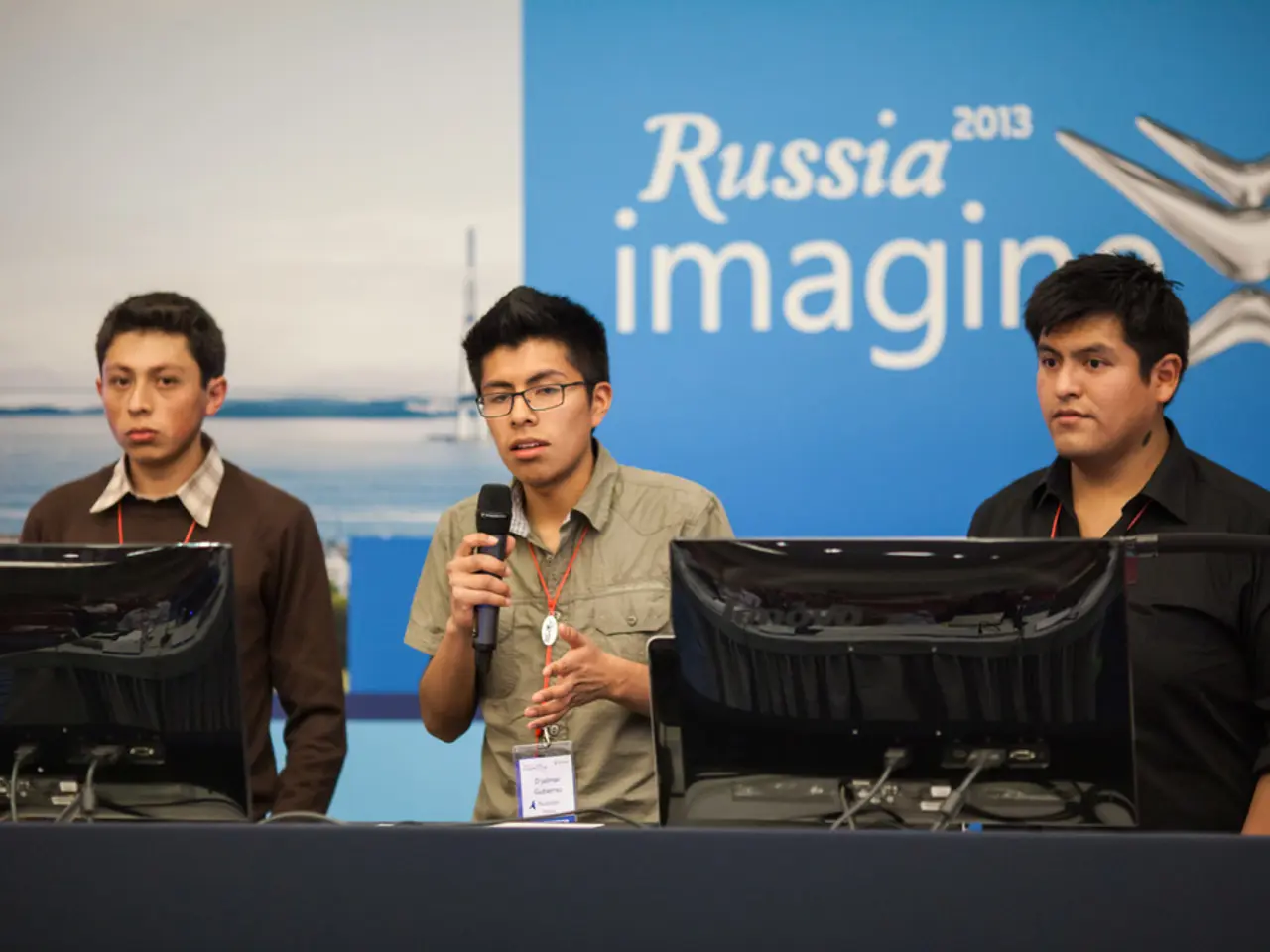majority of parents disagree to cover college expenses for their children
In Russia, a significant number of parents prioritise funding higher education for their children, viewing it as an investment in their future success and social mobility. A recent survey by Maximum Education revealed that 40% of parents hope their children will secure a state-funded spot in college, while 38% aim for a university spot, and 13% are open to funding vocational education.
The survey also explored parents' financial plans for college or university education, revealing that families consider both tuition fees and living expenses, alongside state support programs where available. While the Russian government supports youth development through initiatives like youth centres and grants for professional growth, the direct financial burden often remains on parents and families.
Elite universities and capital city institutions, such as those in Moscow and St. Petersburg, generally have higher tuition fees, reflecting greater demand and prestige. Regional universities tend to have lower tuition costs but might also offer fewer financial aid options. Public universities usually have lower tuition fees compared to private ones. Exact fees vary widely but typically range from approximately 100,000 to 300,000 rubles per year (about 1,200 to 3,700 USD), depending on the field of study and university prestige.
Among parents planning to enroll their children in regional colleges, 41% expect to spend between 50,000 and 100,000 rubles. Meanwhile, 34% expect to spend 50,000 rubles or less. For those planning to enroll their children in Moscow colleges, 52% expect costs under 100,000 rubles, while 48% are looking at costs between 100,000 and 200,000 rubles. Among parents choosing to study at universities in other major cities, 64% hope that expenses will not exceed 200,000 rubles.
For parents targeting commercial education in a Moscow college or university, 24% plan to find part-time work. Similarly, among those whose children will be applying to less prestigious regional universities, 71% are willing to spend no more than 200,000 rubles. If their child fails to secure a state-funded spot in university, 62% of those expecting to study there would pay for their child's education.
Interestingly, 9% of surveyed parents are willing to pay for their child's higher education, regardless of the cost. Educational loans are being considered by 24% of parents of children attending colleges and 33% of parents of future applicants to Moscow universities. In St. Petersburg, 67% of parents are looking at costs under 100,000 rubles, and among parents planning to enroll their children in St. Petersburg colleges, 33% are looking at costs between 100,000 and 200,000 rubles.
If their child can't secure a state-funded spot in college, 40% of those preferring this route would fund their education. Furthermore, if their child doesn't get into a university, even on a paid basis, 40% of those initially aiming for a commercial higher education would consider vocational education as an alternative.
This survey provides insight into the financial sacrifices parents are willing to make to ensure their children receive a quality education, reflecting the importance of education in Russian society. The variability in tuition costs and financial aid options across regions and universities highlights the need for continued support from the government to ensure equal access to education for all Russian children.
In the context of the survey, many parents are looking towards personal-finance management for funding their children's education, as they consider not only tuition fees but also living expenses and state support programs. Additionally, learning about various education-and-self-development avenues, such as vocational education, is deemed essential as some parents are open to these options if state-funded or commercial higher education is not feasible due to financial constraints.




